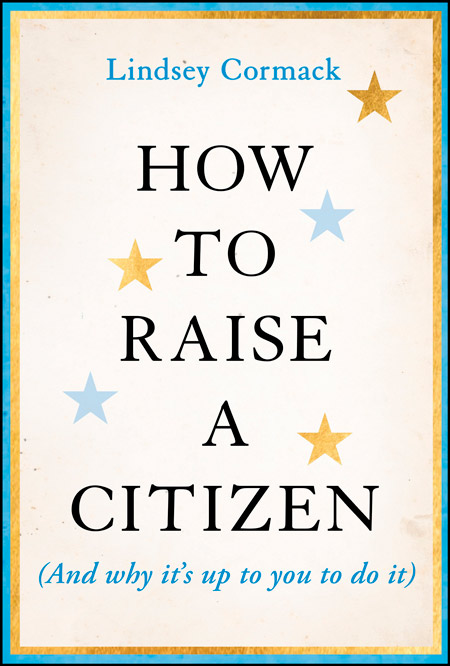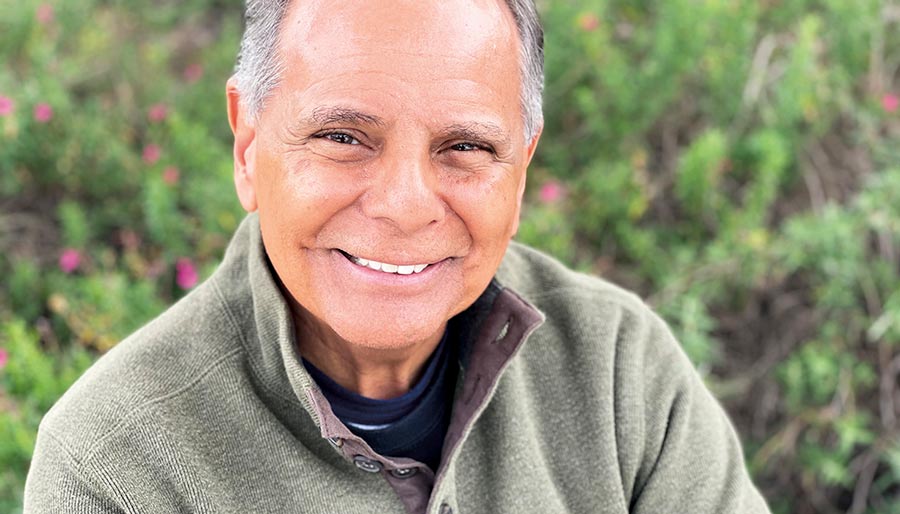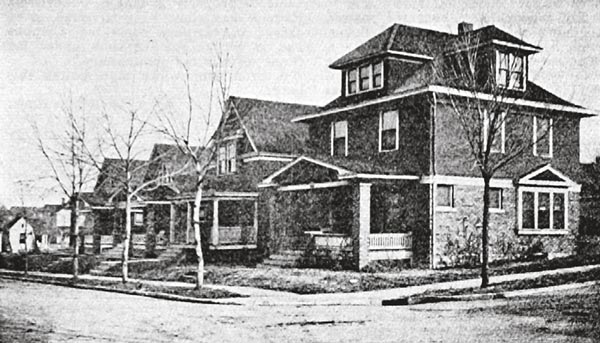Alumna’s politics primer helps parents offer lessons in democracy
New book urges families to embrace civics education.
Each semester, Lindsey Lathrop Cormack, c’07, associate professor of political science and director of the Diplomacy Lab at Stevens Institute of Technology in Hoboken, New Jersey, welcomes a new group of undergraduates, ranging in age from 18 to 22, for her Introduction to U.S. Politics course.
“Regardless of age, up until this point, most of my students haven’t had intentional discussions with any adults, including their parents, about what it means to be a citizen,” Cormack writes in her astoundingly refreshing book How to Raise a Citizen (And Why It’s Up to You to Do It). “Many of our college-aged students don’t know how to vote, haven’t read the Constitution, aren’t aware of the local political offices responsible for quality-of-life decisions, lack understanding of the division of responsibilities, have never pondered the concept of federalism, and have formed their view of the court system based on television dramas. It’s not anyone’s fault in particular, but collectively, we all bear some responsibility.”

Rather than raging about young adults’ lack of political interest and participation—a cultural transgression of which we have all, across generations, probably been guilty at one time or another—Professor Cormack instead circles back to parents and other adults who have led these ill-informed youth into unprepared adulthood. In the most welcome stance of all, she doesn’t blame parents and educators, but instead makes clear the reasons why political discussions and education have become so rare and ineffective.
Let’s stop blaming kids, schools, the media or even other parents and ourselves, Cormack insists, and instead find accessible solutions that can literally change the future of our country.
“I firmly believe that educating our children about the government that governs them is necessary for creating a fair and just society,” she writes. “Everyone deserves to know the rules of the game that they are playing.”
Cormack offers a few factors that compelled her to write How to Raise a Citizen. Seeing a lack of political awareness among college students “who do not know the difference between the House and Senate” planted a notion that took root when she was asked to prepare civics lessons for local elementary school students and realized a full book on the nuts and bolts of American civics might be worthwhile labor. And the convincer: raising her own child.
While consulting how-to books on teaching children to read, sleep routines, potty training, temper tantrums and adolescence, Cormack became aware of the “significant gap” between parental how-to books and the larger needs of society.
“We do not have collective habits,” she writes, “in how to prepare children to be engaged, active participants in our democracy.” How to Raise a Citizen, written in accessible language and footnoted with helpful citations for further reading, offers frameworks for discussing government and politics in ways that “feel fun and connective. We are all raising citizens, but often not intentionally. … As I often tell my students, politics is going to happen to us whether we like it or not, so we might as well understand how the system works.”
She cautions parents that, while discussing hot-button topics such as political parties is crucial, turning lessons into recruiting sessions is not productive and tends to backfire; focus instead on “raising engaged and informed citizens,” and the rest follows.
The heart of her book—“a journey of exploration and growth for both you and your kids”—delves into a spectrum of political topics: the lack of political knowledge among all Americans, especially when it comes to local and state governments; how and why political complexities foster our aversion to talk politics at home; fundamentals such as republicanism, democracy and majority rule; demystifying voting; components of the U.S. Constitution; and federalism and the division of powers among federal, state and local governments.
While How to Raise a Citizen teaches parents how to reach their children, it also could inform and educate all Americans, regardless of age or family status, and even dilute the toxic storm of political “debate” that overwhelms and discourages even the most well-informed citizens.
“It’s truly an amazing power to be alive in a democracy today,” Cormack writes, “but it’s one that many of us decide to opt out of because it feels bad. But that doesn’t have to be the case. If you work to reorient your perspective on politics and government, as something to learn and pass on to your kids, it can actually feel pretty great.”
Chris Lazzarino, j’86, is associate editor of Kansas Alumni magazine.
/




